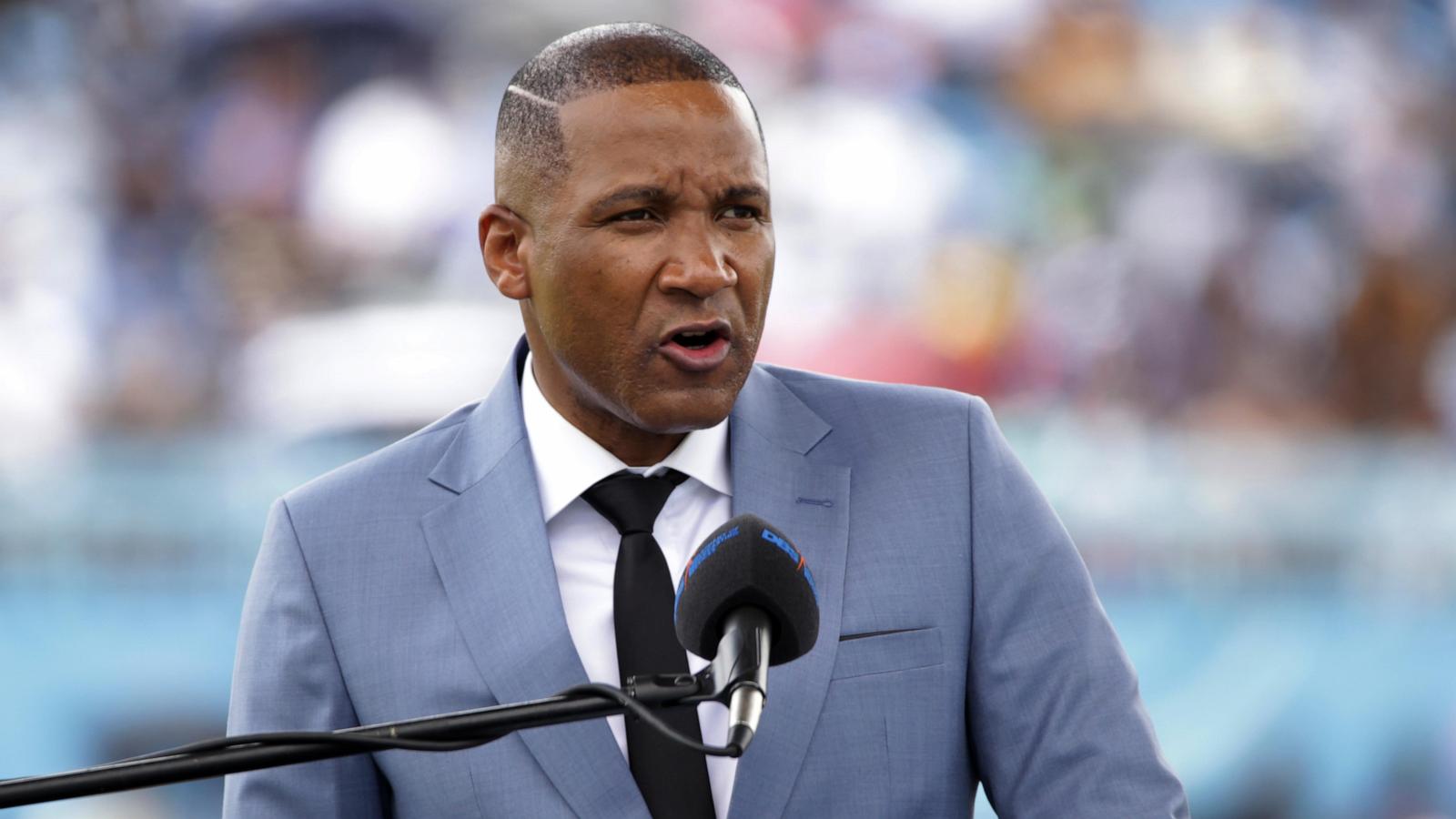Botswana’s peaceful transition: President Duma Boko promises new era after historic win

Botswana has witnessed a groundbreaking moment in its democratic history as newly elected President Duma Boko was sworn into office on 8 November, marking a significant political shift after 60 years of Botswana Democratic Party (BDP) dominance.
The inauguration ceremony, held at the national stadium in Gaborone, drew thousands of citizens and leaders from neighboring countries, including the presidents of Madagascar, Namibia, Zambia, and Zimbabwe.
Boko, a 54-year-old human rights lawyer and leader of the Umbrella for Democratic Change (UDC) coalition, addressed the crowd after his victory, expressing profound gratitude.
“I stand before you today as the living embodiment of your deep and genuine determination.
Together, we are ushering in a new political era,” he declared.
Despite jeers directed at outgoing President Mokgweetsi Masisi, Boko showed magnanimity, praising Masisi’s “statesmanship” and urging the audience, “Please, show him some love.”
The swift concession of defeat by Masisi and his commitment to facilitating a smooth transition have been widely lauded.
Boko remarked, “Botswana has set an example of true democracy in action for the world to see and emulate. For this singular act, the former President will forever hold a special place in our hearts.”
In a striking display, Boko, clad in the blue and black colors of the national flag, circled the stadium in a vehicle flanked by galloping white horses, acknowledging the cheering crowds before taking the oath of office.
The UDC’s victory in the 30 October general elections, securing 36 parliamentary seats against the BDP’s four, signified a stunning defeat for the ruling party that had steered the diamond-rich nation since independence from Britain in 1966.
The significance of the event was highlighted by Wabuya Keobonye, an 88-year-old taxi driver in attendance. “The presence of Batswana from all walks of life shows how united we are and dedicated to building our nation,” he said.
Economic concerns, particularly unemployment and reliance on an increasingly challenged diamond industry, were major voter issues during the election.
With an 80% voter turnout, including a notable 34% of young voters, the call for change was evident.
“The youth are the leaders of today, not tomorrow, and we demonstrated that by voting,” said 35-year-old farmer Ipotseng Negroes, reflecting the sentiment of many.
Zimbabwean opposition leader Nelson Chamisa, present at the ceremony, remarked that Botswana’s peaceful transition serves as “a beacon of hope and freedom for the continent and my own country.”
He added, “Botswana ushers in a new era of transformation and true transition.”
About The Author
dailymailafric
I am an avid African news observer, and an active member of Daily Mail Africa.
I’m Passionate about staying informed on diverse topics across the continent,
I actively contribute to publishing on political, economic and cultural developments in Africa.



